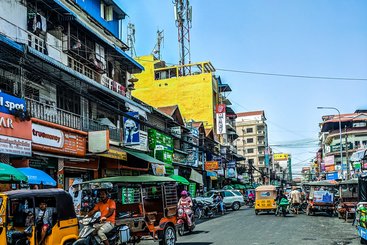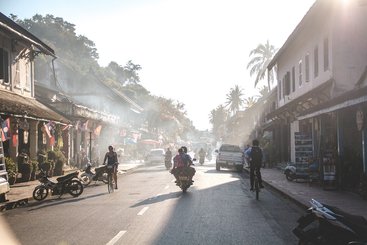This country study documents the vulnerabilities of Indonesian labour migrants travelling to work in Malaysia’s palm oil sector. It sets out the context in which this migration takes place, the pathways and associated vulnerabilities, and the response and protective capacities of various actors involved.
An estimated 9 million Indonesian labour migrants work abroad – approximately 7% of the country’s labour force. Of this, 2.7 million Indonesians are estimated to be working in Malaysia. While many of them work in the domestic sector, the vast majority of the 87% of foreign workers on palm oil plantations are Indonesian. These labour migrants work long hours for low pay and inadequate safety protection, salary deductions are frequent – reportedly to cover the costs of migration, accommodation and other costs – often resulting in spiraling debt. In other cases, migrants may have taken out upfront high-interest loans from unscrupulous lenders that they must service. Labour migrants are thus compelled to continue working in poor conditions. The exploitative nature of labour migration in this sector is possible due to the precarity and vulnerability of labour migrants themselves and the limited power they wield vis-à-vis palm oil employers and those involved in the migration process.




